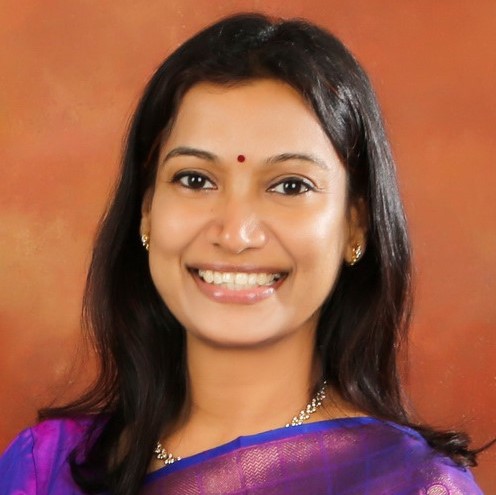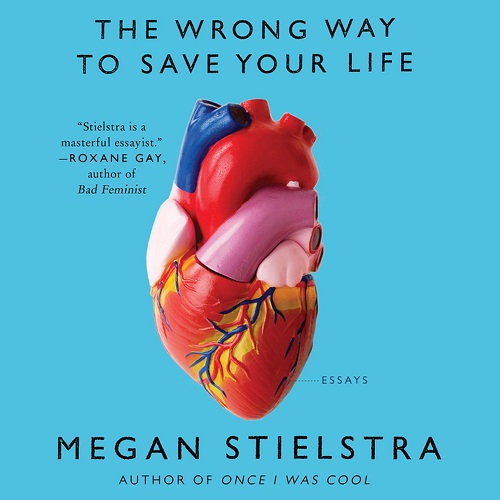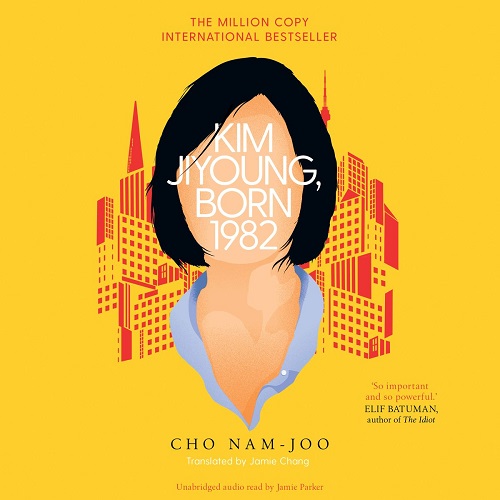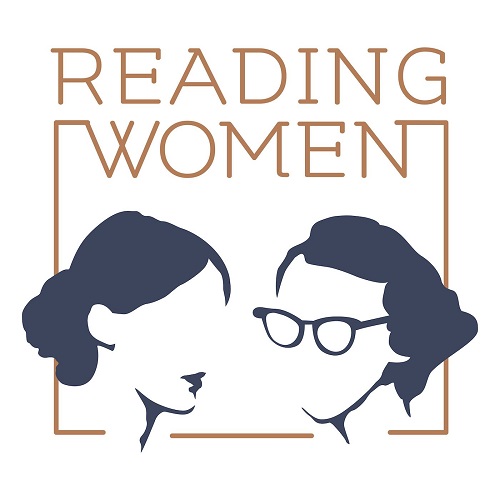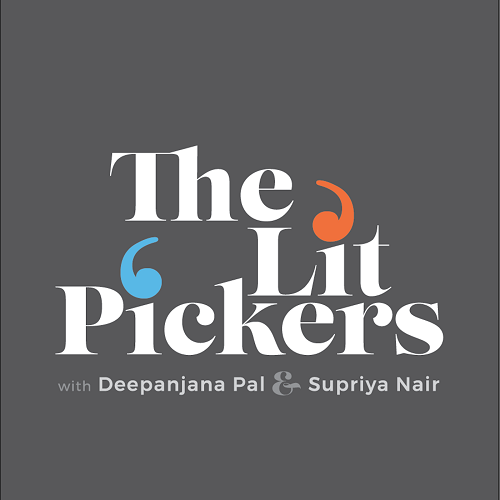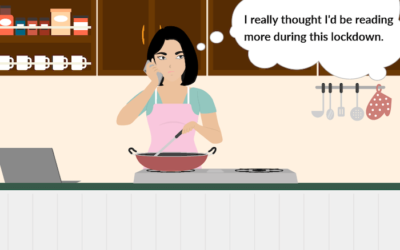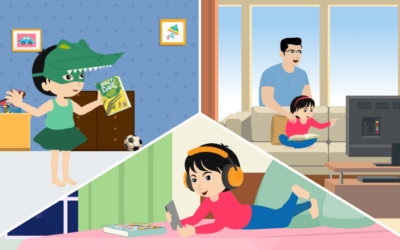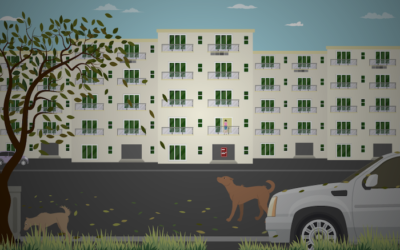Column
Lockdown Reading: Turning To Technology For My Literary Fix
I stand by Ann Patchett’s quote – ‘It is always better to have too much to read than not enough’. Therefore, it was no surprise that the news about the temporary closure of Singapore’s 25 public libraries was one that affected me deeply.
My idea of a fun evening involves browsing the stacks at the central library, making a special trip to pick up a book that I have reserved, or simply scrolling through the library app to check if a new book is available in their vast collection.
As a reader, writer, and publisher, I view libraries as secular shared spaces that enable creativity and build community. The library branches routinely hosted book launches, monthly writers’ group meetings, and eclectic panel discussions that I was used to attending. I value face-to-face meetings, in-person interactions with writers, and the learning that happens organically through participation in activities outside the home. I feared this enforced period of seclusion would mean losing out on much more than mere reading opportunities.
I wondered if there was a silver lining to this dystopian situation. Could I creatively see these constraints as a challenge to encourage my growth in other ways without losing my footing in literary circles? Why not use this period of social distancing to test previously unexplored literary avenues for escape, entertainment, and education?
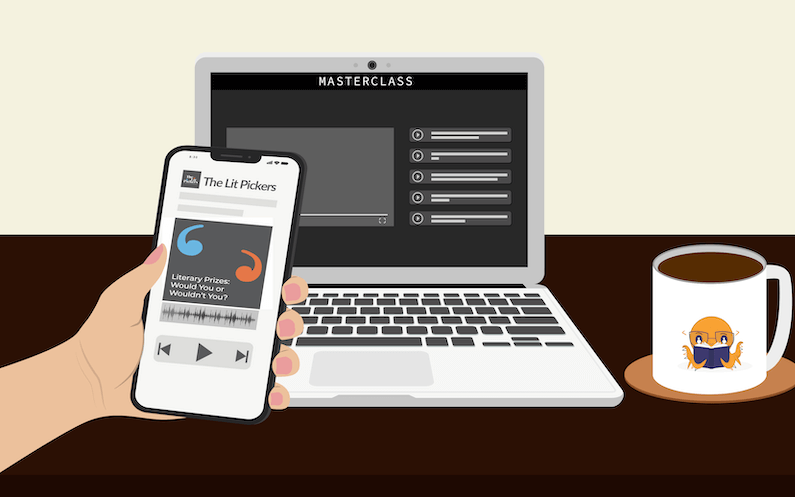
Escaping Into Audiobooks
When my TBR pile of paperbacks (borrowed from the library) diminished alarmingly, I came across a timely newspaper article that pointed out the Singapore library’s enviable collection of over 7,25,000 e-books and audiobooks. I was familiar with e-books, so I decided to try audiobooks this time.
I thoroughly enjoyed listening to The Wrong Way To Save Your Life, a collection of essays written and narrated by Megan Stielstra. Instead of heavy, boring sentences, her non-fiction pieces came alive partly because she was telling her own story, and partly because of her lively and engaging style of narration, honed by performing her writing in front of live audiences. For me, this felt like the aural experience of a performing art show.
My first fiction audiobook, Kim Jiyoung, Born 1982 by Cho Nam-Joo, a bestselling Korean novel translated to English by Jamie Chang, was a completely different experience. With minimal dialogue, the audiobook was more like the voiceover to a docu-drama, with helpful statistics about Korea to give the story context. Despite my lack of familiarity with the culture, the impact of skewed gender expectations and the unfairness that Korean women face every day reminded me of my formative years in India. I sensed a visceral connection to the protagonist through this format because it felt as if a mutual friend was telling me Kim Jiyoung’s story.
To me, an audiobook, thus, feels like a fleeting, easy conversation, whereas reading a book is akin to a slow, deepening relationship. It is more difficult for me to go back and savour a beautiful phrase with an audiobook, or, as I often do, close the book and appreciate the masterful use of simple language to communicate a deep thought.
However, I do see myself enjoying more audiobooks in the future, given the sheer variety that is available today, with the additional knowledge of being able to borrow or purchase the print version if the style of narration does not work or if I need to appreciate it on a deeper level.
Literary Entertainment
My lunch breaks have always involved the consumption of some kind of audio content. Before the lockdown, I’d take short walks around the office while listening to short-form audio content (about 10 minutes in length), like movie reviews on YouTube or audio versions of articles on Medium.
During the lockdown, greater flexibility around my lunch timings while working from home have allowed me to explore literary podcasts. With episodes that are 30-45 minutes long, focussed on a standalone topic, and the added ability to take notes because I was at home, podcasts have quickly moved from being a source of pure entertainment to a learning avenue for me.
Among the unbelievable number of podcast choices available, I enjoyed interesting conversations with authors on the Nonfiction4life podcast and Reading Women. The light-hearted banter of the Litpickers podcast, especially the two episodes about literary awards and literature festivals (two of my pet peeves) was pure fun.
I like the podcast format for allowing me to consume bite-sized pieces of information while jumping between several choices based on my appetite and mood on a given day. This strategy helped me pick up new reading suggestions as well as tips for marketing books. I plan to continue exploring podcasts until I find my personal favourites.
Advancing My Education
Given the increasing popularity of online classes, my curiosity was piqued when the Masterclass ads began showing up on my newsfeed. Since the probability of me crossing paths with the featured bestselling authors was close to nil, I wanted to try it out. And so, my husband gifted me an all-access annual subscription for Masterclass over Christmas.
Hailing from a generation where all didactic education was conducted in the physical presence of a teacher, I considered online classes acceptable for short seminars on a specialised topic, not for deep dives. After all, how much could I really learn through pre-recorded classes with zero interaction with the teacher? However, given the lack of available options for face-to-face learning, I decided to explore the writing classes.
The Storytelling And Humour Masterclass by David Sedaris was my first choice because he writes personal essays (my favourite genre) with a touch of humour. I laughed out loud and agreed with his statement that ‘a writer exploits everyone they come in contact with, it’s part of the job description’. A key suggestion here was to keep a diary – Sedaris’ daily notes have served as a motherlode over his prolific career. I balked at this tip since diaries come with the constant pressure of filling in the dated pages, with every blank page acting as a reminder of my failure to do. I decided to deploy this differently by buying a set of notebooks that are kept by my bedside to nudge me towards journaling. I hope this newly-inculcated habit will create a database of jumping-off points for future essays.
Neil Gaiman’s Masterclass on the Art Of Storytelling, however, did not hold my interest. This was mainly because it involved a lot of reading out from his books, which are of a genre I don’t enjoy, and focussed exclusively on fiction writing, which is not my forte.
What held me captive, though, was Margaret Atwood’s Masterclass on Creative Writing. Although a speculative fiction writer, she deconstructed the writing process beautifully, starting with the fear of beginning (‘wastepaper basket is your friend’) to the fear of rejection (‘writing is a vocation, not a job’). Unlike performing arts, writing, Atwood says, ‘is your letter to the world’, words I intend to remember on days when I feel dejected, along with her top tip for a good story – ‘Hold. My. Attention’.
Online masterclasses are valuable since they make well-known authors accessible remotely. However, I do feel that an author’s personality (and the resultant impact) comes across more clearly in person than through rehearsed video footage. Without this ability to interact in real-time, my Masterclass experience felt incomplete. I plan to be more selective and choose live trainings or those that have an interactive component for future online courses.

(David Sedaris teaches Masterclass; Image via Masterclass)
Lessons From A Pandemic
Unexpected twists in our journeys make for an interesting life. This pandemic, and the ensuing lockdown, is no exception. Although we didn’t choose to live through these times, previous generations who suffered wars and famines, disorder and displacement, survived and created a better life.
From audiobooks to podcasts and Masterclasses, my virtual reading and learning journey has been made possible by technology. The way I consume books and literary content has been changed for the better, but only time will tell which of the lessons learned will stick with me once the lockdown ends.
In any case, I will certainly remember this time of my life as one of extraordinary openness towards new ways of learning, about reading, writing, and its business aspects. Every such experience undoubtedly adds to my ability to create. And that makes the whole endeavour worthwhile.
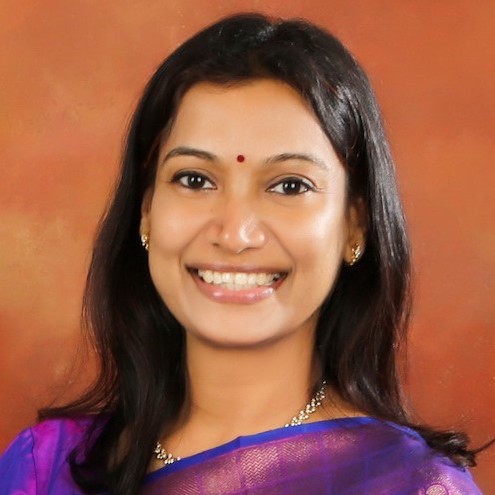
Ranjani Rao is a scientist by training, writer by avocation, originally from Mumbai, and former resident of USA. She lives in Singapore with her family and is presently working on a memoir. She is co-founder of Story Artisan Press and her books are available on Amazon.
You can read her articles here.

